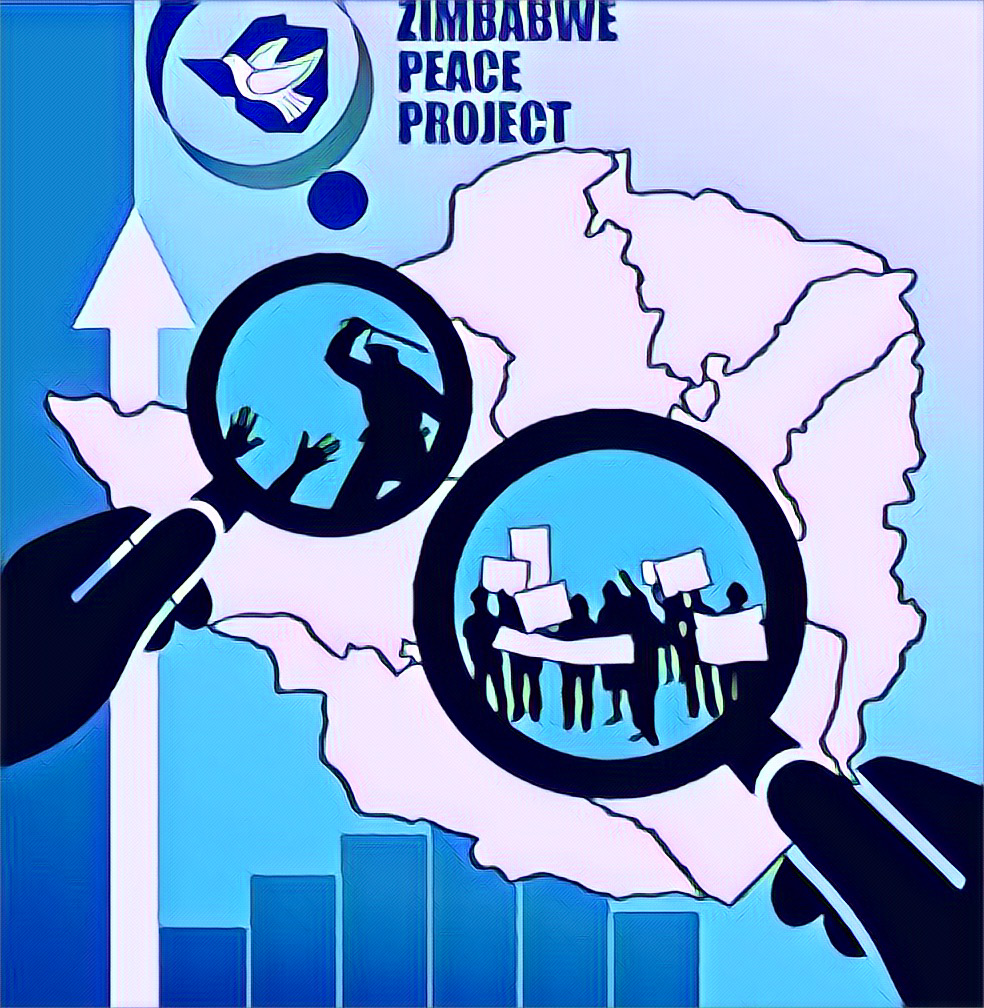Zimbabwe is facing a troubling rise in political violence and human rights abuses, according to a new report from the Zimbabwe Peace Project (ZPP). The report paints a grim picture of a country where political divisions are deepening, leading to widespread violence and a surge in human rights violations.
The ZPP report highlights a shocking increase in human rights abuses across Zimbabwe. In July alone, 198 incidents were documented, impacting nearly 4,000 people. These violations include everything from physical assaults to unlawful detentions, with many victims experiencing intimidation and harassment.
Most of these abuses are linked to political affiliations, with the ruling party, Zanu PF, and its related groups at the center of many incidents. According to the report, 41.1% of the documented abuses were committed by individuals associated with Zanu PF, while another group linked to the party, Forever Associates Zimbabwe, was responsible for 2.26% of the violations.
The report doesn’t just stop at political parties; it also points fingers at state institutions. Members of the Zimbabwe Republic Police (ZRP) were responsible for 24.56% of the abuses, while state security agents contributed 2.76%. Even local authorities, such as Municipal Police and traditional leaders, were involved, accounting for 11.78% and 7.77% of the violations, respectively.
Interestingly, some cases were linked to opposition parties as well. Members of the Citizens Coalition for Change (CCC) were implicated in 3.01% of the incidents. Other perpetrators included war veterans, vendors, and individuals with no clear political affiliation.
Despite the overwhelming evidence, the ruling party has dismissed the ZPP report. Zanu PF’s Director of Information, Farai Marapira, criticized the ZPP for what he described as a biased portrayal of the situation. He argued that the arrests mentioned in the report were not human rights abuses but rather the lawful enforcement of the country’s laws.
Marapira went further to suggest that the ZPP has ignored violence perpetrated by opposition groups, accusing the organization of having a partisan agenda. “We have one of the best law bodies and Constitutions in the world,” he said, downplaying the seriousness of the report.
The ZPP report also sheds light on the regions most affected by the violence. Manicaland province tops the list with the highest number of human rights abuses, followed closely by Harare and Mashonaland Central. These areas have seen a significant increase in violence, particularly in July, which the report describes as a “dark month” for the country.
Human rights defenders and civil society organizations have been urging the Zimbabwean government to take action. One major call has been for the government to ratify the Convention Against Torture and Other Cruel, Inhuman or Degrading Treatment, an international agreement aimed at preventing torture and other forms of abuse. So far, these calls have gone unanswered.
The rise in violence and human rights abuses comes as no surprise to many observers. Earlier this year, Zimbabwe was ranked among the worst countries in the world for human freedom by the Human Freedom Index. The country placed 153rd out of 165, highlighting the severity of the situation.
This growing polarization in Zimbabwe is more than just a political issue; it’s a human crisis. As violence escalates, ordinary citizens are caught in the crossfire, suffering from the consequences of deep-rooted political conflicts. The ZPP’s findings are a stark reminder of the urgent need for action to protect human rights and restore peace in the country.
Source: Newsday


